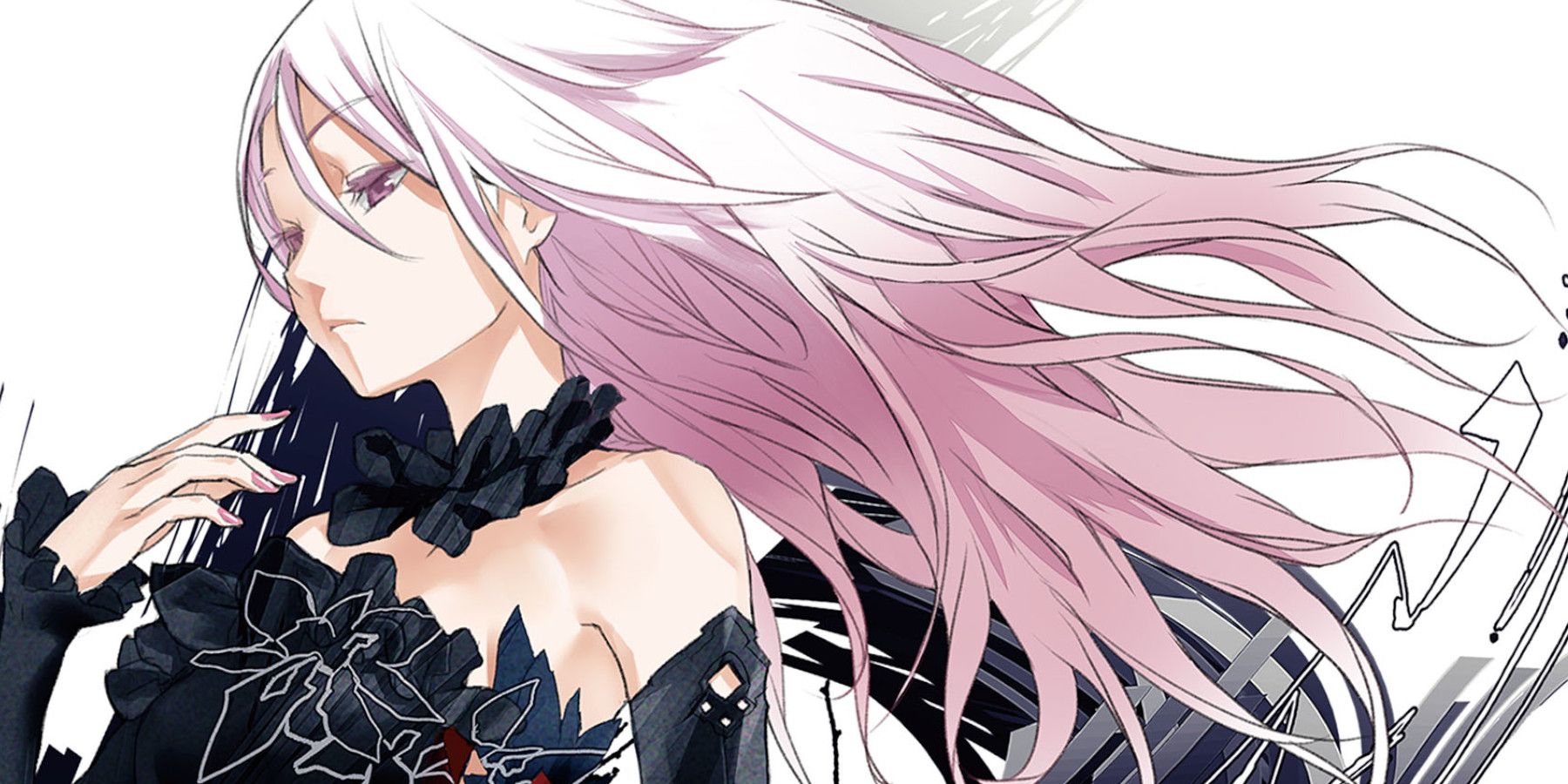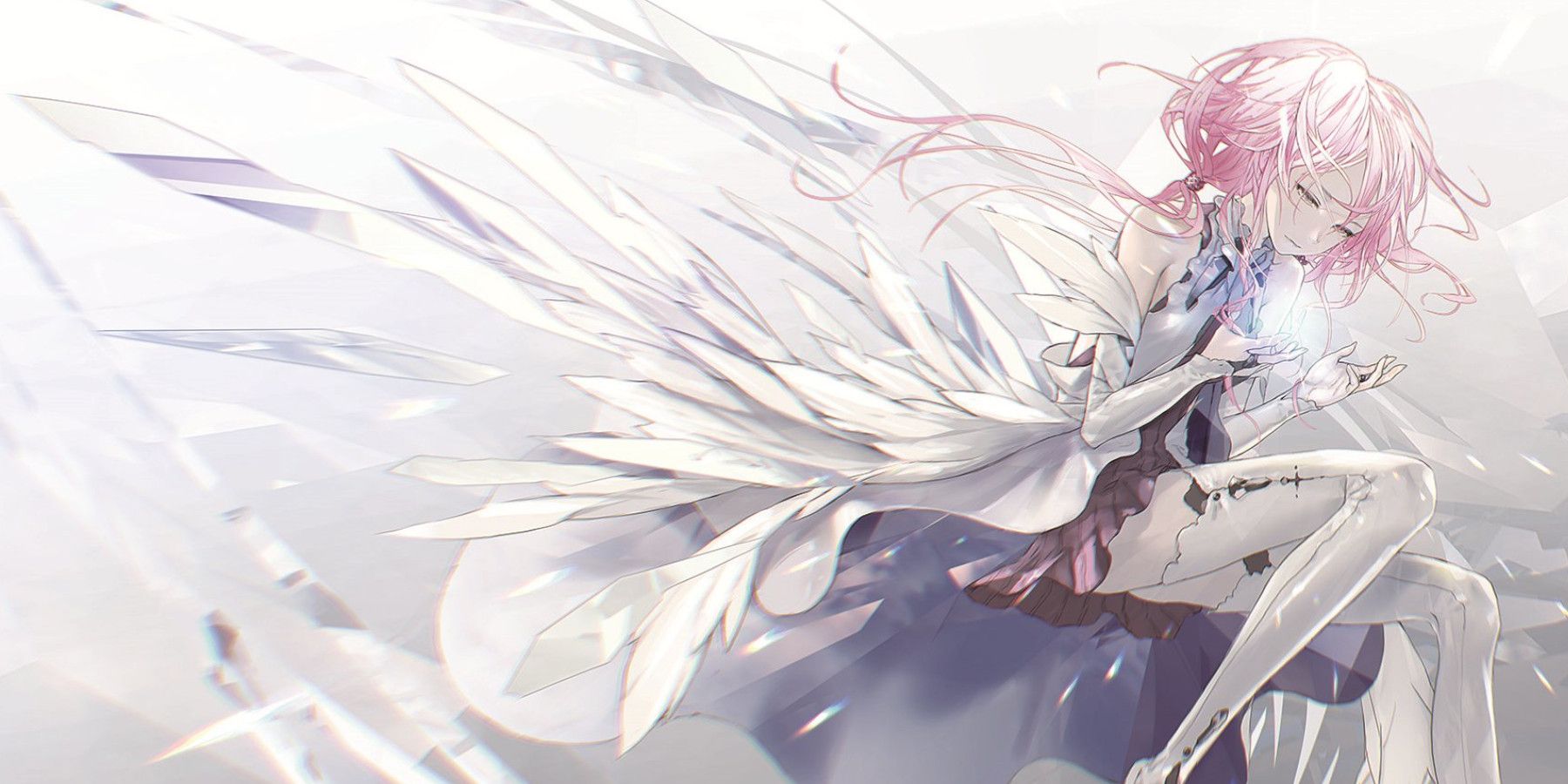
Unveiling the Shocking Breakup: The Untold Story of EGOIST's Demise

From an integrated marketing project to an iconic pop duo, EGOIST's journey captivated the anime world As the group bids farewell, we delve into their DNA, explore their evolution beyond Guilty Crown, and ponder what the future holds
Highlights
Egoist, the collaboration between musician Ryo and vocalist Chelly, became iconic in the 2010s for their aesthetic prioritization and powerful music within the anime industry.
The band's versatility and cinematic sound added a sense of grandeur to the pieces they were included in, infusing their music with an essential role in the narrative.
Although Egoist will dissolve after two additional concerts, the individual members will persist in producing music. Nevertheless, it is challenging to envision any undertaking as comparable to the exceptional collaboration they achieved.
With its captivating opening and ending themes, it is evident that music holds a significant position in anime's culture. Egoist, a renowned Japanese pop duo of the 2010s, has played a major role in this regard. The recent news of their impending dissolution after two final concerts provides an opportunity to delve into the reasons behind their sensational success.
Egoist came into being through the collaboration of musician and songwriter Ryo from the J-pop group Supercell, and vocalist Chelly. Their initial purpose was to create music for a fictional band featured in an anime. Ryo was entrusted with the task of finding a suitable vocalist, and Chelly emerged victorious out of a competitive pool of approximately 2,000 applicants. She skillfully embraced the persona of Inori Yuzuriha, a character in the popular anime "Guilty Crown" released in 2011.
The DNA of Egoist
Understanding the essence of Egoist, including the careful branding behind it, requires delving into the history of Supercell. The band emerged onto the scene in 2007 through self-publishing, influenced by the Hatsune Miku and Vocaloid phenomenon. In 2009, they caught the attention of Sony Music Entertainment Japan and signed with them. Ryo serves as the sole musician, while the other members predominantly contribute as illustrators and designers, crafting artwork for the group's albums and music videos.
Due to the prominence given to their aesthetic appeal, the artists of Supercell gained significant recognition. Notable names like Huke (known for Black Rock Shooter and Steins;Gate) and Redjuice (credited for Guilty Crown and Project Itoh) became associated with the group. The vocalists themselves are guest performers who have changed over time, starting with Nagi Yanagi, followed by Koeda in the early 2010s, and currently Ann and Gaku.
Supercell transcended being just a band and instead became a source of inspiration for numerous other works, establishing itself as a trendsetter for an entire generation of young otaku. It was this unique combination of artwork, heartfelt songwriting, and captivating pop vocals that made Egoist so formidable, albeit initially within the context of a single show.
Similar to how Yoko Kanno formed The Seatbelts for Cowboy Bebop, Ryo created Egoist specifically for Production I.G.'s Guilty Crown. Despite the show's moderate success, the band itself thrived. Inori, serving as the embodiment of this musical group, has been immortalized through a span of 12 years with the release of multiple albums, EPs, and singles, featuring artwork contributed by talented artists such as Redjuice.
Beyond Guilty Crown
Following Guilty Crown, the band released their next album in 2012, titled Extra Terrestrial Biological Entities. This album consisted of the band's signature tracks from the TV series, along with a collection of fresh songs. Soon after, they ventured into yet another captivating sci-fi show: Psycho-Pass. Egoist was responsible for performing the two ending themes of Season 1, namely "Namae no Nai Kaibutsu" and "All Alone With You." Their presence extended throughout the entire Psycho-Pass series, making them a familiar artist among fans.
Egoist's sound is incredibly diverse, encompassing a wide range of genres within Ryo's repertoire. They can effortlessly create fast and futuristic dance tracks, as well as captivating and emotional ballads that showcase Chelly's exceptional vocal delivery. One should listen to 2015's Reloaded, which features all three themes from the Project Itoh film project, to truly appreciate the band's versatility. A standout track, "Door," from The Empire of Corpses, holds a particular beauty.
To sum up their work, it can be described as cinematic, adding a sense of grandeur to the projects in which their songs are featured. Even if their music is only heard during the end credits, there is an undeniable power to the sound that makes it feel indispensable to the story itself. Despite Guilty Crown not being a flawless series, "Departures" can still evoke a strong sense of nostalgic longing for the essence of the show, disregarding its imperfections.
Given the above examples, it's evident that the band's sound and aesthetic are closely aligned with sci-fi. However, it's worth noting that they have also contributed their unique themes to shows like WIT Studio's Kabaneri of the Iron Fortress. It's truly remarkable how the opening of Kabaneri captures the essence of composer Hiroyuki Sawano, albeit to a lesser extent, in order to seamlessly complement the overall atmosphere of the show. Similarly, Egoist's opening for 2017's Fate/Apocrypha exudes an equally grand and martial vibe.
What's Next
Egoist has two upcoming concerts: "The Crescendo" on September 23 in Osaka and "Echoes of Everlasting" on October 9 in Kanagawa. Chelly will still be performing as Reche, as she has been doing since 2021. Ryo, on the other hand, will maintain their role as the songwriter for Supercell and will also continue to create themes under their own name. One notable work includes the ending theme for Gundam: Witch from Mercury.
Given the above, it is difficult to be overly upset about the end of Egoist, as its members will continue to produce new music individually. However, considering the remarkable collaboration of this group, it is equally challenging to envision any solo efforts by the members reaching the same level as their collective work. Nevertheless, all good things inevitably come to an end, and this marks the conclusion of one of the most iconic anime bands of the 2010s.













